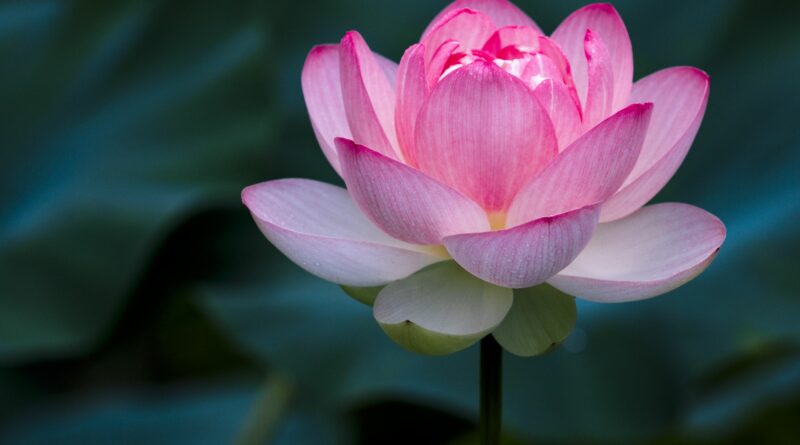81-90
MAIN CONTENT
81-90
81. Letting go of one thing to get stuck on another
One of Luang Pu’s lay students came to pay his respects and to report proudly on the results he had gained from his practice, saying, “I’m really glad to see you today because I’ve been practicing in line with your advice and have been getting results step by step. When I start meditating, I let go of all external perceptions, and the mind stops its turmoil. It gathers together, grows still, and drops into concentration. All other preoccupations disappear, leaving just happiness, an extreme happiness, cool and refreshed. I can stay there as long as I want.”
Luang Pu smiled and said,
“It’s good that you’re getting results. Speaking of the happiness in concentration, it really is happy. There’s nothing else that can compare. But if you get stuck just on that level, that’s all you get. It doesn’t give rise to the discernment of the noble path that can cut through becoming and birth, craving and attachment. So the next step is to let go of that happiness and contemplate the five aggregates to see them clearly.”
82. A comparison
“The mind of a noble one who has reached the transcendent, even though it may live in the world, surrounded by whatever the surroundings, can’t be pulled by the world into getting perturbed or mixed up with those things at all. In other words, the affairs of the world [gain, loss, status, loss of status, praise, criticism, pleasure, and pain] can’t overwhelm it, can’t pull it back to the level of a run-of-the-mill person’s mind. It can’t be brought under the power of defilement or craving ever again.
“It’s like coconut milk. Once you squeeze it out of the coconut flesh and boil it over high heat until the oil separates, you can’t turn it back into coconut milk again. No matter how much you may mix the oil with other coconut milk, you can’t turn the oil back into coconut milk at all.”
83. Another comparison
“The paths, fruitions, and nibbāna are personal: You can truly see them only for yourself. Those who practice to that level will see them for themselves, will be clear about them for themselves, will totally end all their doubts about the Buddha’s teaching. If you haven’t reached that level, all you can do is keep on guessing. No matter how profoundly someone else may explain them to you, your knowledge about them will be guesswork. Whatever is guesswork will have to be uncertain.
“It’s like the turtle and the fish. The turtle lives in two worlds: the world on land and the world in the water. As for the fish, it lives only in one world, the water. If it were to get on land, it would die.
“One day, when a turtle came down into the water, it told a group of fish about how much fun it was to be on land: The lights and colors were pretty, and there were none of the difficulties that came from being in the water.
“The fish were intrigued, and wanted to see what it was like on land, so they asked the turtle, ‘Is it very deep on land?’
“The turtle answered, ‘What would be deep about it? It’s land.’
“The fish: ‘Are there lots of waves on land?’
“The turtle: ‘What would be wavy about it? It’s land.’
“The fish: ‘Is it murky with mud?’
“The turtle: ‘What would be murky about it? It’s land.’
“Notice the questions asked by the fish. They simply take their experience of water to ask the turtle, and the turtle can do nothing but say no.
“The mind of a run-of-the-mill person guessing about the paths, fruitions, and nibbāna is no different from the fish.”



